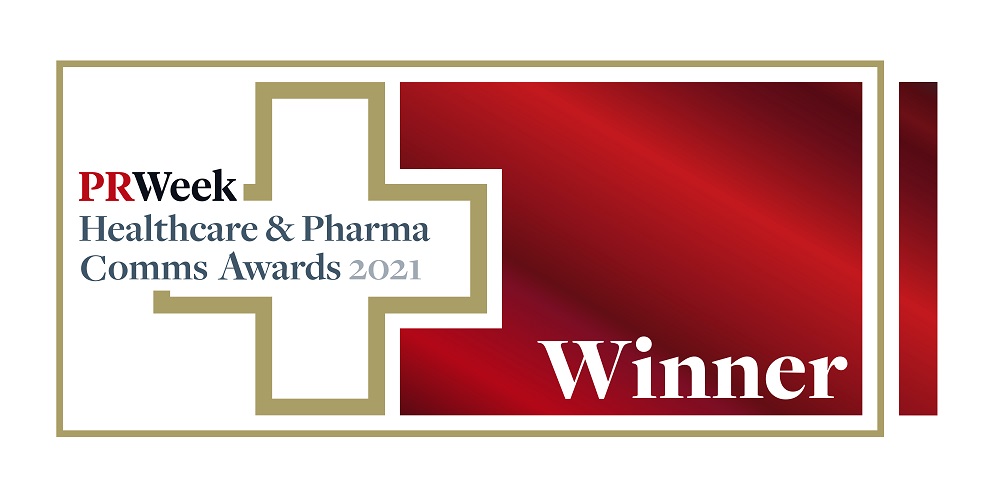By Natasha Weeks, Consumer Health Executive Director
Healthcare professionals (HCPs) have always been hugely influential when it comes to making decisions about our health, but recently there has been a significant increase in the number of them attracting a large following on social media.
I’m not just talking about ‘media medics’ – the term we used to give GPs with columns in magazines and seats on TV sofas. Their monopoly is over (and so is that term).
There’s a new era of HCP influence and it’s thriving.
This is, I suspect, most recently fuelled by consumers wanting access to more expert-led advice (versus ‘celebrity’ endorsement) in response to the COVID-19 pandemic.
Virus advice via TikTok docs suddenly became a thing and HCPs aren’t leaving the platform any time soon.
From GPs to midwives to specialists, they are not only sharing health advice and product recommendations but documenting their personal lives and even professional struggles.
Of course, HCPs are human too, and seeing this other side of them makes them more authentic – a winning combination coupled with their natural authority in healthcare.
It could be a midwife using a baby brand with their own baby, a dermatologist recommending a cream they use on their dry skin, or a GP demonstrating how to conduct a breast check and where to go for more information.
With many commanding more than 100,000 followers, it’s no wonder brands are flocking to HCP influencers, but what is changing are the types of brands wanting to work with them.
Consumer health and wellness brands, plus public health and charitable campaigns, were there first, but now a broader range of consumer brands are exploring the power of HCP influence.
This is most certainly linked to more brands seeking credibility to play in the health and wellness space.
This evolution shows no sign of slowing down – in fact, many high-profile HCP influencers are becoming ‘celebrities’ in their own right, and generating mainstream editorial attention too.
However, as communicators we need to be mindful of this blurring of lines. It’s essential we work with HCP influencers authentically and compliantly.
Celebrities are not permitted to endorse medicines. They are, however, allowed to endorse medical devices and food supplements.
HCPs can endorse medical devices, but there are restrictions when it comes to advertising medicines and food supplements.
But at what point does an HCP become a celebrity? Isn’t it time we had more specific regulations around working with HCP influencers?
There is even less clarity when asking HCP influencers to endorse cosmetics or FMCG brands. A key consideration is whether you want to make a health claim, without being classified as a health product.
Whatever their profession or specialism, the HCP will also be governed by their own regulatory bodies and councils, highlighting what they can and cannot say.
There are subtle but important differences – ie sharing a product’s benefits or claims versus overt promotion, which could lead to serious breaches for you, your brand and the HCP.
First and foremost, HCP influencers are healthcare professionals and we must respect that, and when you work with them in the right way, brands can benefit enormously.
Opinion piece first seen in PRWeek.
